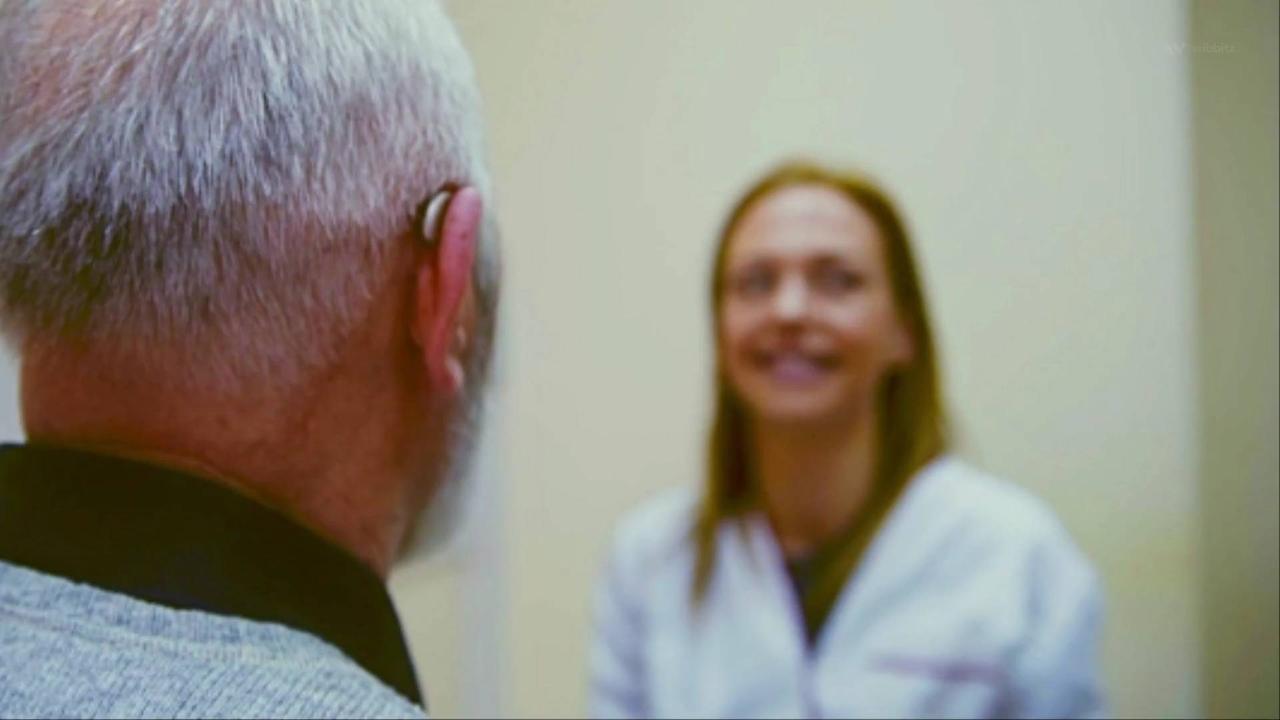
Hearing Aids, Could Help Prevent Dementia, Study Suggests.
Scientists have warned that hearing loss may increase a person's risk of developing dementia.
'Newsweek' reports that new research suggests that hearing aids may be able to prevent or delay the onset and progression of cognitive decline.
.
According to data from the Centers for Disease Control and Prevention in 2014, over 5 million people in the U.S. over the age of 65 live with dementia.
After numerous studies found a link between hearing loss and cognitive decline, many began to speculate that hearing impairment could be a risk factor for dementia.
The authors found that people with hearing loss who did not use hearing aids had a 20 percent higher risk of dementia than those with normal hearing, Tom Dening, professor of dementia research at the University of Nottingham, via 'Newsweek'.
People who used hearing aids for their hearing loss did not have such a high risk (6%, which was only just significantly above the risk for normal hearing), Tom Dening, professor of dementia research at the University of Nottingham, via 'Newsweek'.
People who used hearing aids for their hearing loss did not have such a high risk (6%, which was only just significantly above the risk for normal hearing), Tom Dening, professor of dementia research at the University of Nottingham, via 'Newsweek'.
This suggests that hearing aid use may help to protect against dementia, Tom Dening, professor of dementia research at the University of Nottingham, via 'Newsweek'.
The team from the University of Southern Denmark published their findings in the journal 'JAMA Otolaryngology.'.
'Newsweek' reports that other experts have warned that the findings, while promising, do not confirm that hearing aids are a definite way of preventing dementia.
.
Studies of this kind should be interpreted with care, Jason Warren, professor of neurology at University College London, via 'Newsweek'.
Studies of this kind should be interpreted with care, Jason Warren, professor of neurology at University College London, via 'Newsweek'
